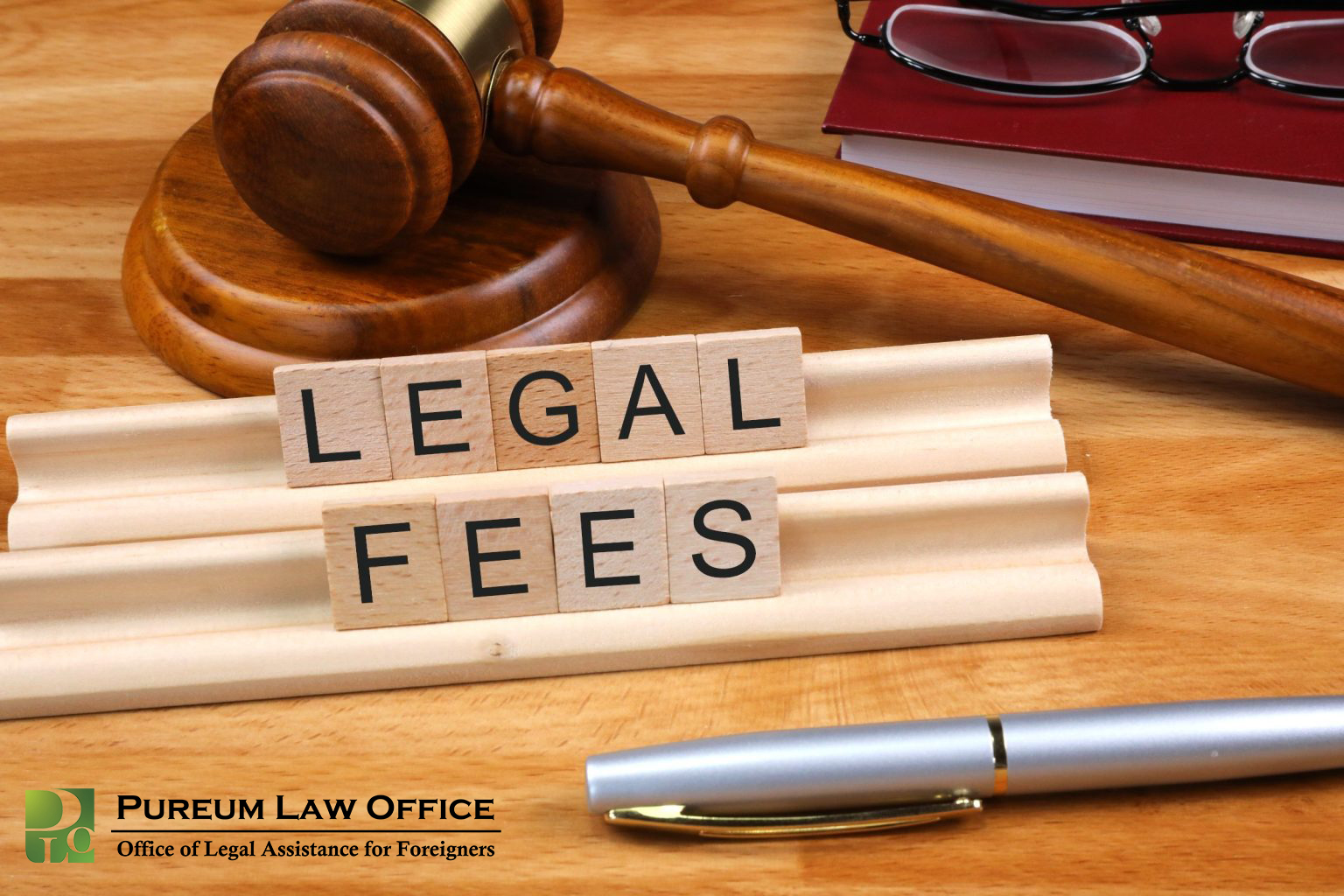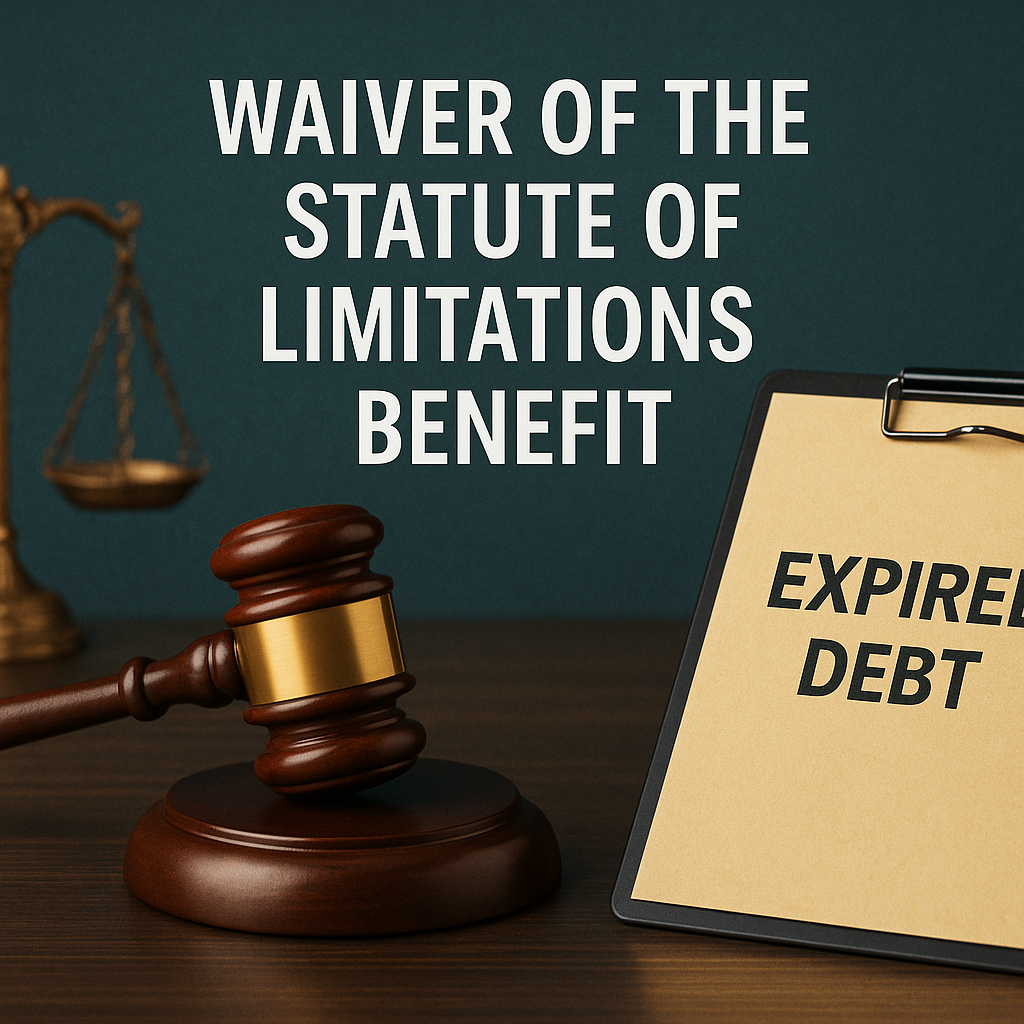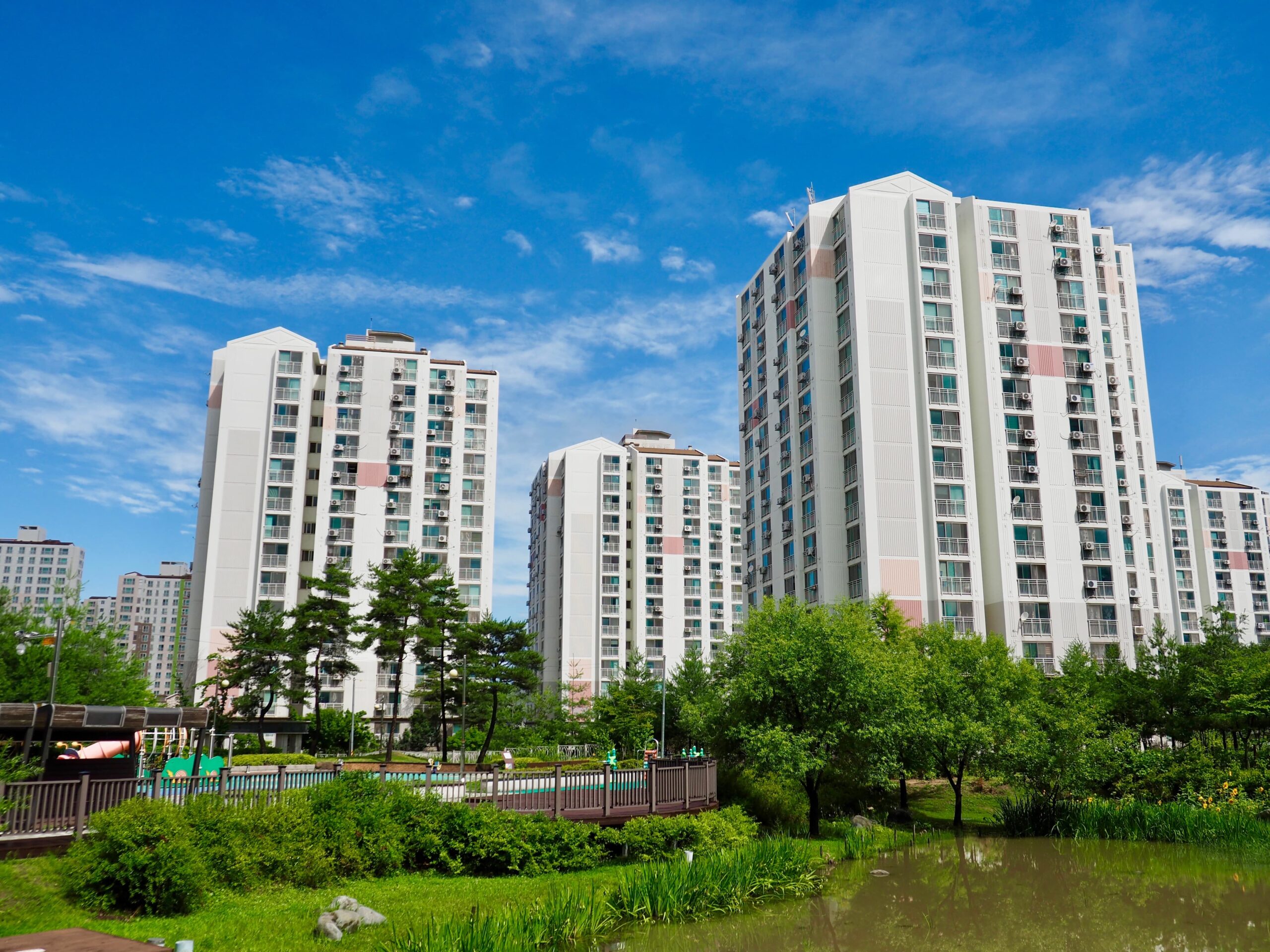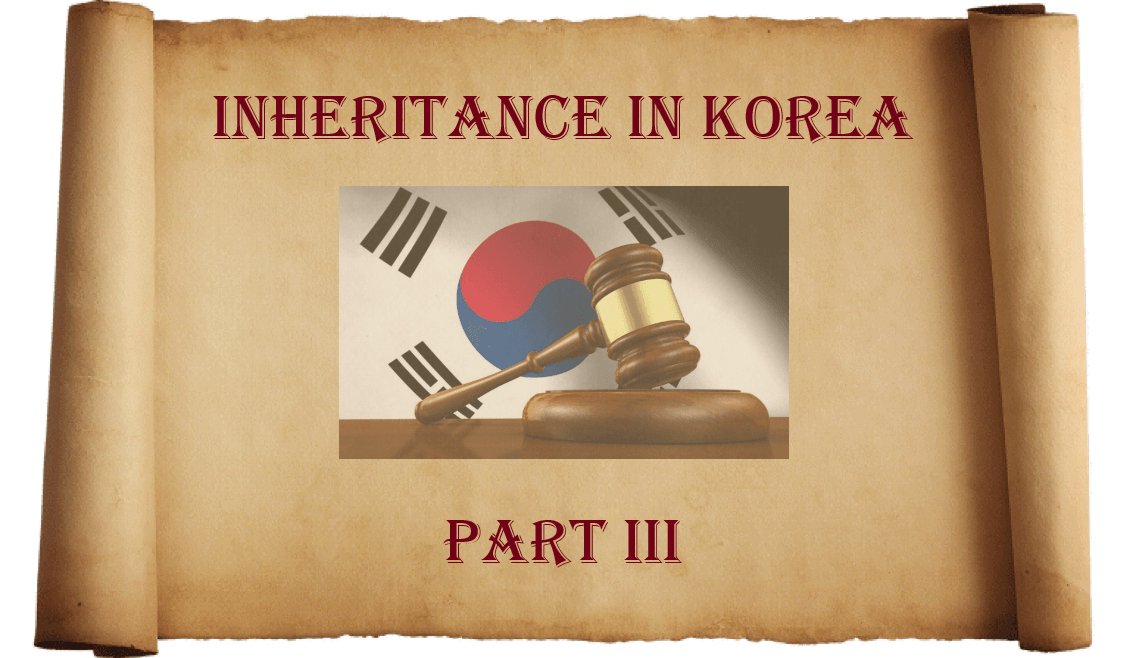Principles of Bearing Litigation Costs in Korea
During civil litigation in South Korea, the general rule is that the party who loses the case bears the litigation costs. This principle is established under Article 98 of the Civil Procedure Act, which ensures that the burden of costs falls on the losing party as a consequence of their unsuccessful claim or defense. Pureum Law Office (PLO) is here to explain and offers related legal advice and services.
Exceptions to the General Rule
There are exceptions where the court may order the winning party to bear certain litigation costs, as stipulated under Articles 99 and 100 of the Civil Procedure Act. These exceptions include:
- Litigation costs incurred by the winning party that were unnecessary for increasing or protecting their rights.
- All or part of the litigation costs incurred due to actions required to increase or protect the opposing party’s rights.
- All or part of the litigation costs resulting from delays caused by the winning party’s failure to submit appropriate means of attack or defense in a timely manner.
- All or part of the litigation costs caused by delays due to the winning party’s neglect in observing dates or deadlines.
- Other cases where litigation costs were incurred due to delays caused by reasons attributable to the winning party.
Types of Litigation Costs Borne by the Losing Party
The losing party is responsible for various types of litigation costs, which include the following:
- Court fees (as specified in Article 2 of the Civil Litigation Cost Act)
- Filing fees (Article 3 of the Civil Litigation Cost Act)
- Daily allowances, travel expenses, and other costs for parties, witnesses, appraisers, interpreters, and translators (Article 4 of the Civil Litigation Cost Act)
- Daily allowances, travel expenses, and accommodation fees required for evidence examination by judges and court clerks (Article 5 of the Civil Litigation Cost Act)
- Special fees related to appraisal, interpretation, translation, and surveying (Article 6 of the Civil Litigation Cost Act)
- Costs incurred for communication and transportation (Article 7 of the Civil Litigation Cost Act)
- Costs for public announcements in the official gazette or newspapers (Article 8 of the Civil Litigation Cost Act)
- Service fees (Article 9 of the Civil Litigation Cost Act)
- Attorney fees or the cost of preparing litigation documents (Article 109 of the Civil Procedure Act)
Calculation of Attorney Fees Borne by the Losing Party
The attorney fees that the losing party must bear are not based on the fee agreement between the winning party and their attorney. Instead, these fees are calculated according to the guidelines set forth in Article 3 and the annex of the “Regulations on the Inclusion of Attorney Fees in Litigation Costs.” The calculation is based on the value of the subject matter of the lawsuit, with the following breakdown:
| Value of the Lawsuit | Percentage of Litigation Costs |
|---|---|
| Up to KRW 20 million | 10% |
| Portion exceeding KRW 20 million up to KRW 50 million | KRW 2 million + (Value of the lawsuit – KRW 20 million) x 8/100 |
| Portion exceeding KRW 50 million up to KRW 100 million | KRW 4.4 million + (Value of the lawsuit – KRW 50 million) x 6/100 |
| Portion exceeding KRW 100 million up to KRW 150 million | KRW 7.4 million + (Value of the lawsuit – KRW 100 million) x 4/100 |
| Portion exceeding KRW 150 million up to KRW 200 million | KRW 9.4 million + (Value of the lawsuit – KRW 150 million) x 2/100 |
| Portion exceeding KRW 200 million up to KRW 500 million | KRW 10.4 million + (Value of the lawsuit – KRW 200 million) x 1/100 |
| Portion exceeding KRW 500 million | KRW 13.4 million + (Value of the lawsuit – KRW 500 million) x 0.5/100 |
These percentages and fixed amounts are used to calculate the attorney fees that the losing party must reimburse the winning party.
Conclusion – Litigation Costs in Korea
Understanding the principles of litigation costs in South Korean civil procedures is crucial for anyone involved in a lawsuit. While the general rule is that the losing party bears the costs, exceptions exist that may require the winning party to bear certain expenses. Additionally, the calculation of attorney fees follows specific guidelines that differ from private fee agreements, ensuring fairness in the allocation of costs associated with litigation.

If you need legal assistance, please contact us today. Let us help.



